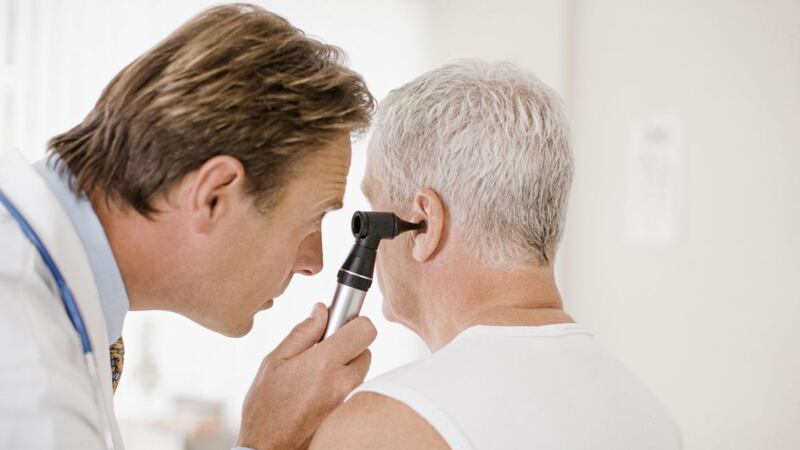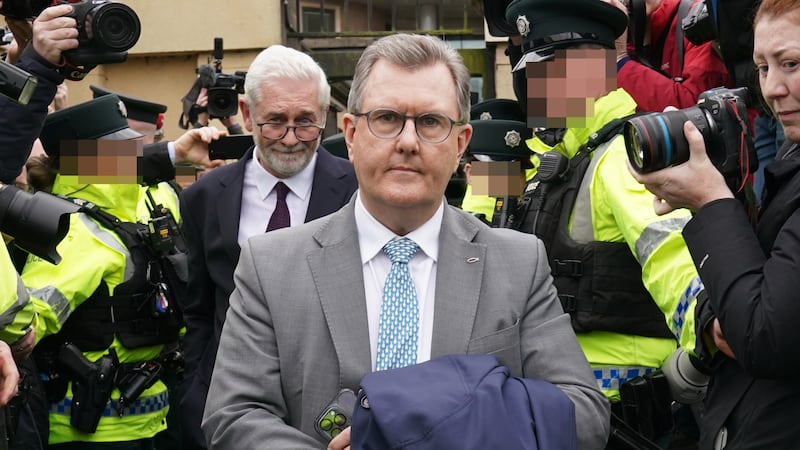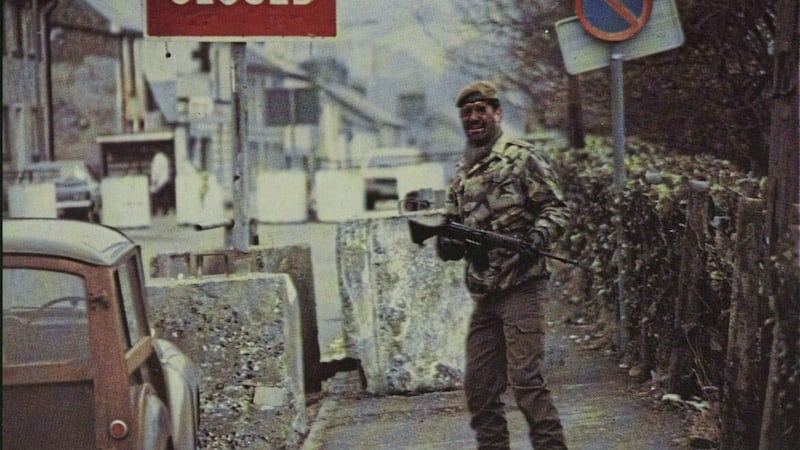A leading doctor has said it is highly unlikely there will be a full return to face-to-face GP services for patients in Northern Ireland following the pandemic.
Dr Alan Stout, BMA Northern Ireland GP Committee chair, told the Stormont health committee of the pressures facing the primary care sector.
He said GP services have been using a phone-first system during the health crisis to enable patients to maintain contact with surgeries.
Dr Stout told the committee it was “astounding” that the pressures brought by Covid-19 had not led to GP surgeries closing in Northern Ireland.
He said: “The pressures that general practice has been experiencing for many years, and namely the ever-growing workload with a decreasing workforce and subject to limited funding, these issues are still there and have been exacerbated by the Covid-19 pandemic.
“The Covid restrictions have rapidly changed the way we operate practices for the safety of our patients and staff. We have had to be innovative, creative and flexible to ensure that we are able to continue to deliver care to our patients.
“It is both reassuring and astounding that no practice has had to close during this period and the number of patients we have seen face to face and virtually continue to rise and have risen above pre-pandemic levels.”
“We have had great feedback from many that being able to see their GP virtually has actually made us more accessible, although we do recognise that others do prefer or need to be seen in the room and where this is necessary this continues to be the case.”
Dr Stout added: “However, the way general practice has been delivered in recent years has become unsustainable for us to meet the increased workload with a decreased workforce.
“GPs and their staff, like all healthcare workers, are totally exhausted but continue to be totally committed to serving our patients. That is why it is particularly difficult to listen to daily criticism.
“We have never worked so hard and yet still find ourselves in a position of needing to defend ourselves and reiterate the message that GP practices are not and never have been closed.”
“Let me be clear, we are in a worse position now than we were pre-pandemic and it will continue to be very challenging. Demand is higher than it has ever been, the workforce is decreasing and the funding is so badly needed.”
The GP said: “It has highly unlikely that we will have the desire or the capacity to return to a 100% face-to-face model. The phone-first model and the use of technology will allow surgeries to remain sustainable and accessible and provides a better service than pre-Covid.
“But until significant transformation occurs, the demand will continue to rise and will continue to outweigh supply and capacity.
Committee chair Colm Gildernew said all parts of the health service had been under huge pressure both before and during the pandemic.
The Sinn Féin MLA raised examples of people not being able to access their GP services.
He told the committee of one case of a 93-year-old woman who had fallen and could not get through to her GP surgery and of a mother who was told to take her young son who had a sore throat to an accident and emergency department before she was sent home several hours later with an antibiotic.
He said: “In that context is the phone-first system working and, do you realise with this level of concern, that there is a problem?”
Dr Stout said: “One word probably sums up both examples, capacity. We need more phone lines, we need more staff to take all of the calls.
“That second example you have given me fills me with fear because that is just not right. We knew pre-pandemic that we had practices in significant difficulties and I think that is ringing an alarm bell that we don’t have the capacity there, we don’t have the staff.”
Mr Gildernew responded: “I can’t emphasise enough how many of these examples are coming in from right across the area. There is a huge disparity about how this is rolling out.”
Committee member Órlaithí Flynn said: “You mentioned that you don’t expect surgeries will return to 100% face-to-face contact. What planning is happening for what capacity the surgeries are going to be expected to meet?”
Dr Stout said: “Surgeries are operating at the moment at 150% capacity, they are operating at a capacity way beyond what they can deal with.
“The phone first enables them within that tsunami of demand to ensure they are able to see the people face to face that need to be seen. It provides a safe and an effective service going forward.
“The evidence shows that an awful lot of things can be dealt with either over the phone or by photograph or by video consultation and a vast number of people quite like that.”



